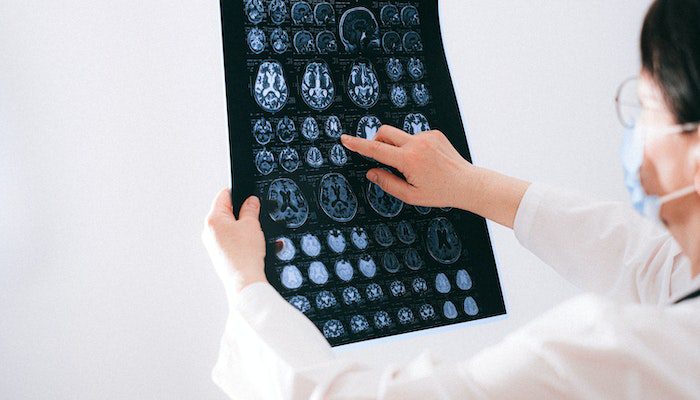“Why can’t you just quit using drugs?” “Just stop drinking.” These are common phrases stated (or thought) by people who do not have a drug or alcohol addiction. Anyone who has struggled with dependency knows it’s not so easy.
With addiction, the brain changes in ways that make it very difficult to stop using substances no matter how much you want to. People with addiction lose control over their actions; withdrawal symptoms and cravings are so strong that they are driven to use more drugs or alcohol no matter the cost – loss of relationships, complications to health, and even legal issues. Addiction often leads to destructive behaviors and can worsen over time.
Why Does Addiction Take So Much Control Over Your Brain?
Researchers continue to study what really happens when addiction occurs, though it’s long been recognized as a very complex brain disease. What we do know is that:
- Addiction is not a choice.
- Addiction is not a moral problem.
- It takes far more than just wanting to stop to retrain and structure the brain to make that possible.
How much addiction disrupts the function of the brain can be related to a variety of factors – the type of drugs, the amount a person uses, and the length of time of that use.
The Brain’s Reward System
In a healthy brain, positive and healthy activities are rewarded with a sense of joy – the release of feel-good chemicals like dopamine is a natural way of encouraging you to do things that benefit your body and brain. For example, your brain helps you feel a sense of accomplishment after a long workout.
The brain is also designed to encourage your body to run or react when there’s danger present. A type of alarm or warning goes off in the brain that says, “This isn’t a good idea.” If you’ve ever wanted to purchase something you could not afford, the danger sensor in your brain warns you not to.
How Addiction Changes the Reward System
When addiction occurs, the powerful substances hijack the brain’s reward system until nothing seems pleasurable anymore except the drugs or alcohol. The lines between pleasure and danger are also blurred. Instead of warning you against the use of substances, the brain craves the substance. At the same time, substance use can trigger emotions like anxiety and stress. Over time, this leads to changes to the prefrontal cortex, the decision-making area of the brain. Someone suffering from addiction loses their ability to decide to stop using substances. They use not to experience pleasure but to avoid pain.
What Can Be Done to Help?
While there is no cure for addiction, a combination of medical treatment and behavioral therapy can help heal the brain so that people can sustain long-term sobriety. Therapy can teach people how to manage cravings and the underlying stress that triggers them. With support and care, many people can rebuild and restore their lives. Treatment is hard work, but it can be highly successful in restoring proper function to the brain.
Let Ranch at Dove Tree Help You
It’s frustrating to realize you need help for drug and alcohol addiction. Yet, coming to that realization prepares you for the next step – getting real help to break the control substances have over you. If your loved one is misusing alcohol or drugs, you cannot change them or force them to stop. But you can encourage them to get help.
Reach out to The Ranch at Dove Tree today. Speak to our admissions counselors and learn more about the care programs we offer. Drug and alcohol drug addiction treatment in Lubbock, TX, prepares you or your loved one for long-term success.








